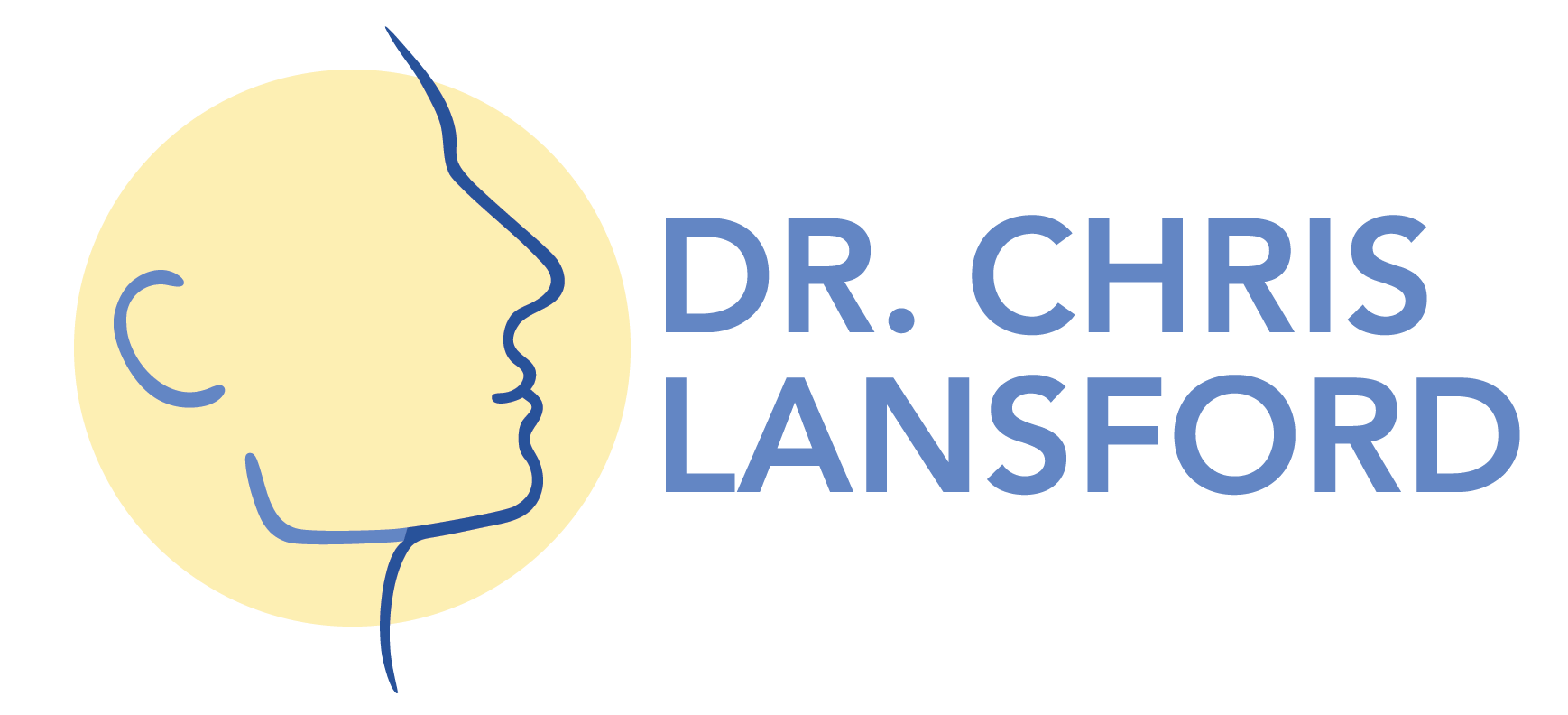Treatments: Chemotherapy and Immunotherapy
What is chemotherapy?
Chemotherapy is treatment by medicines that damage cancer cells by interfering with their ability to divide and make more cancer cells. For squamous cell carcinoma, the most commonly used chemotherapy drug is cis-platin (or closely related carboplatin), which work by chemically connecting proteins, DNA, and RNA with themselves, literally tying these molecules up and causing the cell to die in a process called apoptosis. The common side effects of cis-plain and carboplatin include nausea, kidney damage, and inner ear damage, but do not include hair loss. Chemotherapy is given through an I.V. while you sit in a comfortable recliner chair in the cancer center and is administered by a medical oncologist and their team. For squamous cell carcinoma, chemotherapy is usually given during a course of radiation therapy, but only once every week or every other week.
What is immunotherapy?
Immunotherapy is the treatment of disease by activating or suppressing the immune system. For squamous cell carcinoma arising from the mouth or throat, the common immunotherapy drugs are cetuximab and cemiplimab, is an antibody that attaches to and disrupts the function of a protein called epidermal growth factor receptor, and by so doing, impairs a cancer’s ability to grow. For melanoma, several newer immunotherapies exist, such as ipilimumab (Yervoy), which is an antibody that essentially boosts the body’s immune response to fight cancer cells.

